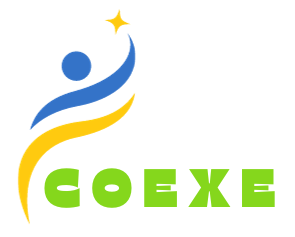Background
In 2015, the United Nations adopted the Sustainable Development Goals (SDGs) as a global roadmap for a better future. The European Union (EU) contributed actively to shaping this agenda and is committed to implementing the SDGs across all its policies. The EU also encourages its member states to do the same, recognizing that inclusive and sustainable development requires cooperation at all levels of society.
According to the report “Europe’s approach to implementing the SDGs,” participation and stakeholder inclusion are crucial for successful implementation. This involves co-creating solutions and sharing knowledge among actors with diverse expertise. Such collaboration fosters ownership and ensures that policies reflect real societal needs. The EU promotes this inclusive and multi-actor approach to drive impactful change.
The multi-actor approach (MAA) supports inclusive growth by encouraging cooperation between business, education, and policy sectors. It enables co-creation of practical solutions based on a shared understanding of challenges. Moreover, MAA strengthens cross-border communication—be it local, national, or cultural—and aligns with SDGs 8, 9, 11, and 12, which focus on sustainable economic growth, innovation, and employment.
Our proposed project builds on these EU strategies by conducting co-creation experiments in different countries. Through experimental economics and stakeholder collaboration, the project offers replicable solutions for inclusive economic challenges. It provides a useful benchmark for EU initiatives and a practical guide for designing effective policies. This initiative shifts the narrative from “creating for” to “co-creating with,” fostering sustainable impact through shared responsibility.
Objectives
Developed and evaluated practices for co-creation experimental research for an inclusive economy
Established transnational experimental research structure for achieving SDGs
Applied pilot research on the inclusive economy a complex problem
Results
State-of-art analysis that will present state-of-art development on experimental research and approaches and their
application in sustainable economic practices
COEXE e-tool for co-creative experimental research to support the inclusive economic practices
COEXE model guidelines ensure that the model and the e-tool can be used to perform research on complex problems by other academics within the partner institutions and other HEIs that are the target groups
Informative kit for greening the economy through co-creation for policymakers that should equip policymakers with all the necessary knowledge about the inclusive economic problems and what role can COEXE model and e-tool play in identifying solutions.
COEXE Experimentation Report is a summary of the transnational research performed by the partner organizations that used the developed model and e-tool on the complex problem of an inclusive economy and achieving SDGs.
A sustainability network will be established as an online platform to ensure the sustainability of the model, e-tool and
guidelines.
